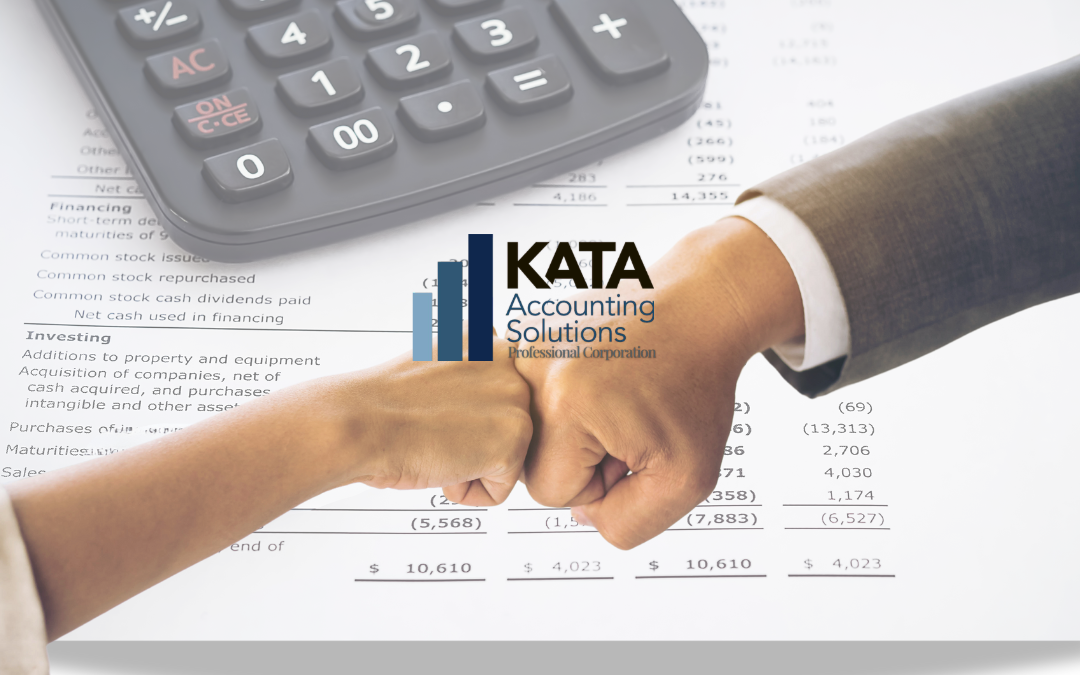Why CPA and CPB Need to Partner
(For the context of this article, we are focused on small businesses, not large corporations.)
What is a CPA
Most Canadians have an idea of what a CPA is – an accountant. CPA stands for Chartered Professional Accountant. As a CPA-registered firm, we’re focusing on this designation, but recognize there are many different types of accounting designations that have roles with small businesses across the country.
CPAs are vital to businesses across Canada that require all kinds of accounting help. The process that CPAs go through to become designated is difficult and rigorous. It involves significant education, practical training, and experience.
After becoming a CPA, they are required to undergo regular continuing education to maintain their designation. If they behave inappropriately, they can be disciplined by their governing body. This ensures that CPAs are held to a high standard to help protect the public interest.
The CPA governing bodies lobby the government on behalf of the CPA membership and on behalf of businesses across the country.
“CPA Canada’s mandate is to act in the public interest by promoting transparency in financial markets, providing extensive guidance and programming to members and contributing to standard setting and public policy in Canada and worldwide.”
However, just like doctors, lawyers, engineers, and other professionals, CPAs can take various roles and tasks for businesses.
Some CPA specialisations include:
- Assurance work such as performing audits or reviews to ensure that the financial statements are correct;
- Predictive modelling such as budgeting, forecasting, and other advanced predictive analytics;
- Supporting decision-making through the use of historical and predictive information along with management assumptions;
- Data mining, financial reporting, and compliance tasks such as tax fillings;
- And many, many more opportunities.
Sometimes, a business must engage with a CPA to perform certain tasks such as an audit, review, or compiled financial statements.
Regardless of the role of the CPA, they use the information from the business’s accounting systems to perform their work. If the information is out of date or inaccurate, it will undoubtedly affect any analysis that the CPA does.
What is a CPB
A CPB is a Certified Professional Bookkeeper. To become a CPB, a candidate must have practical experience and undergo testing to ensure that they are competent in their profession. They are also required to have continuing education to ensure they stay up to date with the latest changes in legislation, taxation, and supporting technology. Similar to a CPA, they are governed by CPB Canada and can face disciplinary action if they behave inappropriately.
A CPB will provide higher quality bookkeeping than most undesignated bookkeepers. CPB Canada lobbies the government and partners with educational institutions to promote appropriate education of future bookkeepers and their ethical behaviour.
The bookkeeping team is the gatekeeper to the business’s financial information. A CPB will help ensure the accurate and timely provision of financial information to support the owners, management, and the activities of the accountants.
Why Partnership Matters
CPAs help support small business owners, their direction, and their decisions, often at a high level on a once-a-year basis. However, all of their work is based on the data provided by the bookkeeping team. It’s only logical that these two groups work together.
By creating collaborative relationships, accountants can support bookkeepers by helping them revise and adjust their processes to adhere to different accounting standards or other reporting requirements. Similarly, bookkeepers can bring issues to the attention of the accountant and management team quickly, allowing adjustments to be made before they snowball and create a big problem.
Bookkeepers can also often help educate management and accountants about changes in technologies and tools that create the accounting ecosystem. This can result in efficiencies in business operations beyond the accounting function, better financial control and security, and overall, a business that runs smoother.
CPB Canada and the CPA governing bodies need to collaborate. They need to protect the public interest by working together to provide better financial control and security for their clients and the country as a whole. Let’s work together!
